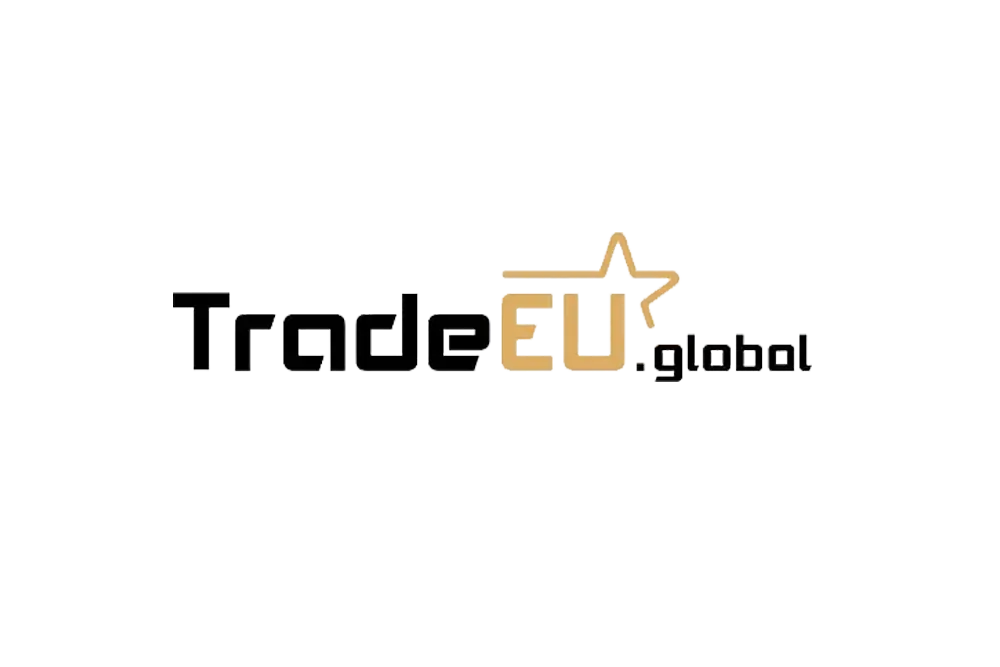What is a Spot Market: In general terms, a spot market is referred to as a place, location, or platform where products and goods ranging from perishable to non-perishable are purchased and sold. But as per the financial market phenomena, it is where financial assets and instruments like securities, equities, forex currencies, commodities get traded for swift delivery. A trader pays cash in exchange for receiving the financial instruments.
Definition of Spot Markets
These are the cash markets which are known chiefly as the physical markets. Here, a plethora of goods or assets get swapped in the nick of time against funds. Although the transfer of money from the buyer to a seller may get delayed.
Besides, those future trades which are about to expire in the contracts are called spot trades. Because it means seller and buyer would swap cash for the asset underlying without a time lag.
What Is The Spot Price?
The latest price of a financial asset or instrument is the spot price. It is the rate at which different instruments can be bought and sold. Sellers and buyers with their sales and purchase orders fix spot prices. However, there is a possibility that in a liquid market, the spot price may differ.
It is due to old orders getting fulfilled, and new ones filling their place.
PS: Over the counter, markets can offer spot trading along with exchanges.
Role of Exchanges
Exchanges like NYSE, LSE offer their platforms to let dealers, investors, and other participants congregate and station at a place to buy sell, and trade different types of commodities, options, securities, futures, and other instruments effectively. The exchanges tell the current price and volumes once they have proper order details from traders and participants. People buy and sell futures contracts and stocks on these exchanges.
Type of Spot Market, OTC
Over the counter, transactions or OTC is one of a kind spot market where a buyer and a seller are directly involved in trading. There is no centralized body or exchange that looks into the matter of trades here. With more than $ 5 trillion daily transactions, the forex markets stand at the most prominent spot market globally. There is a possibility that the price can depend upon futures or spot in an OTC transaction.
Here, the terms are variable and depend on the discretion of investors vis-a-vis the buyer and a seller. Hence, there is no standard pattern. However, stock OTC transactions are plainly spotted trades. On the other side, forward transactions are not necessarily confined to a spot.
Conclusion
Like any other financial market, the spot holds importance. Knowing about its modus-operandi, functionality, tactics, and fundamentals with regards to other markets is helpful for traders in hindsight. It can make investors more equipped.


